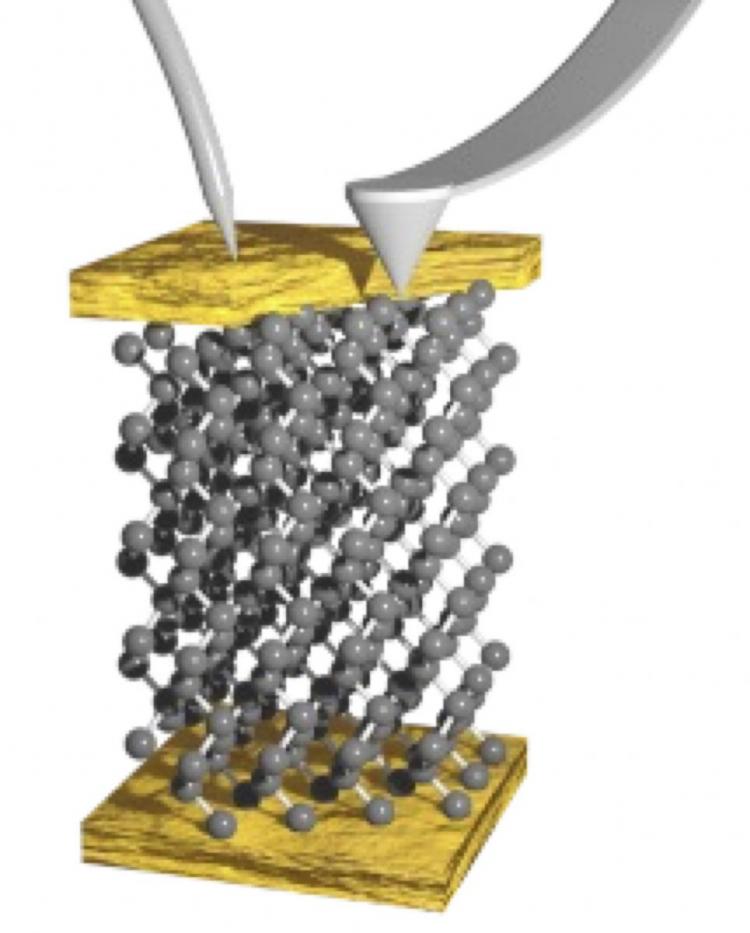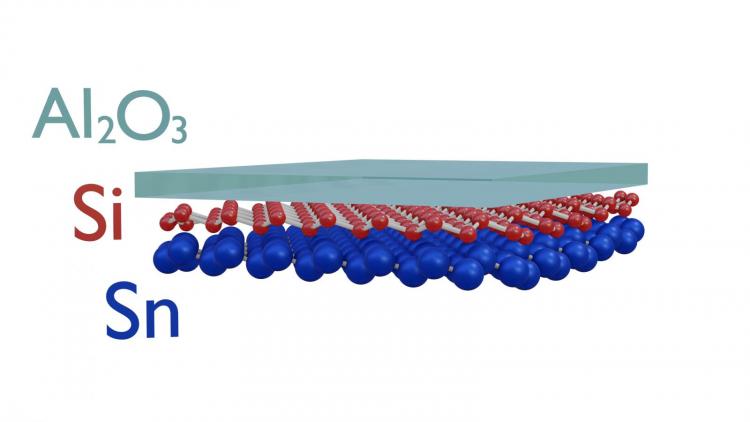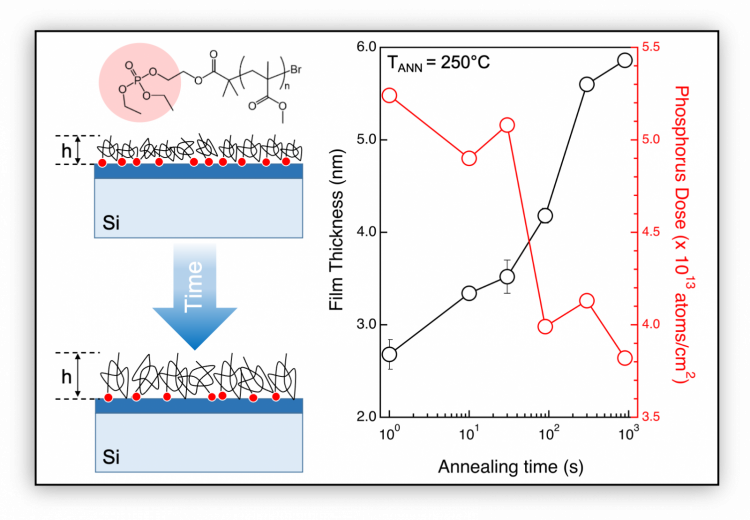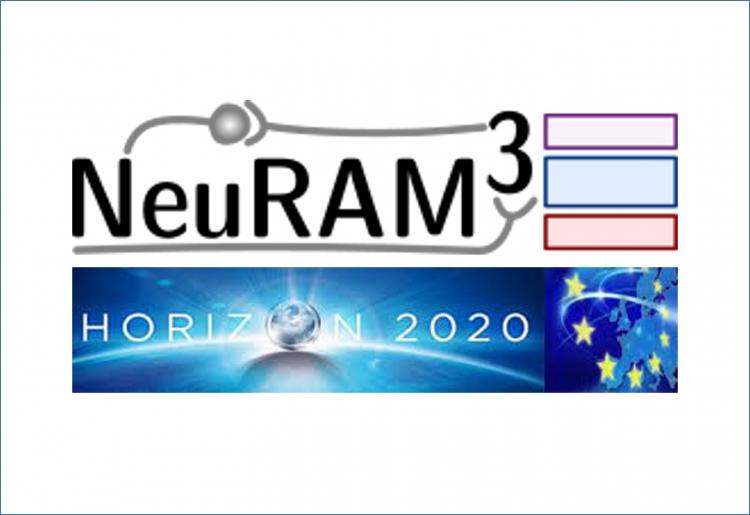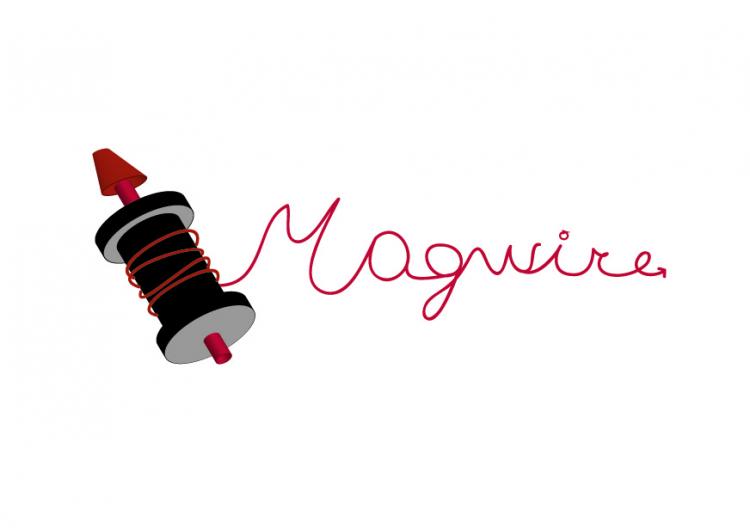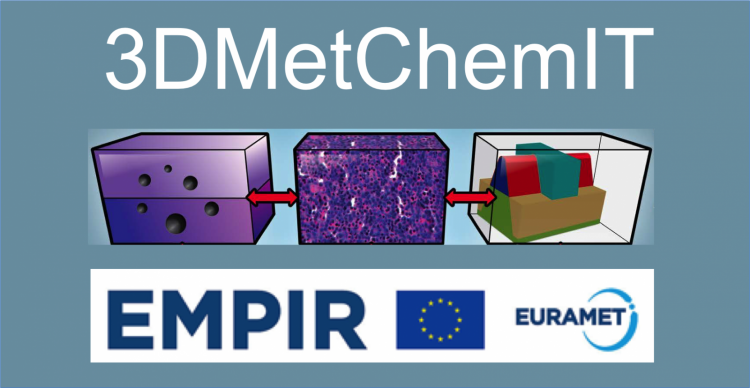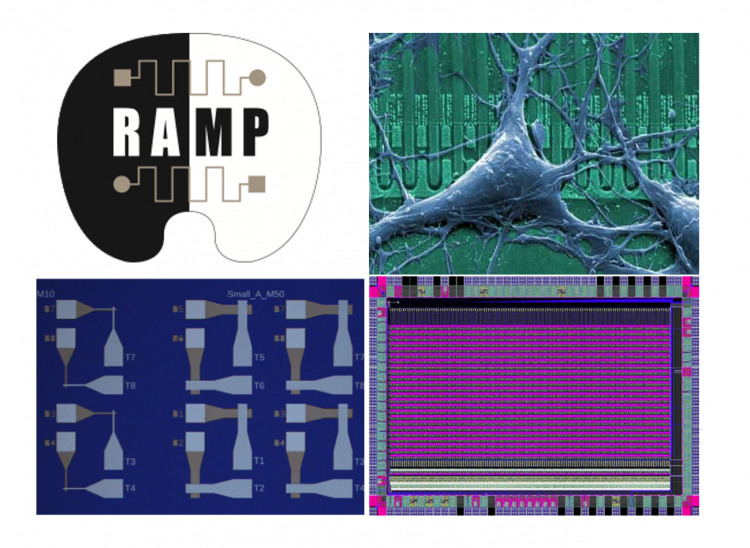Training
In collaboration with nearby Universities, we are committed to training PhD, master and bachelor students on exciting topics related to solid state physics and nanoelectronics, attractive for both academic and industry career.
Students interested in carrying out their master or bachelor thesis in our laboratory are invited to contact the research staff for further information and apply for an interview.
Available research topics:
- Characterization of devices for neuromorphic computation
For developing computing system emulating the structure, the functionality and the efficiency of our brain, smart devices with learning capability are needed. Devices showing resistance switching (memristors, RRAMs) are the best candidates. Material development and functional characterization supporting comprehension of switching mechanism and dynamic will be addressed.
Suitable for master thesis - duration 6-8 months
Student curriculum should include solid state physics and/or material science and/or electronic engineering or related disciplines
Contact person: Sabina Spiga, 039 6035938
- Design/Simulation of artificial synaptic units and learning systems for neuromorphic computation
The aim is to design and simulate synaptic circuits comprising one or more resistance switching devices (memristors, RRAMs) that show resistance plasticity to spike stimulation and to design entire learning systems
Suitable for master thesis - duration 6-8 months
Student curriculum should include Device Physics and/or Electronic Circuits and Systems and/or Artificial Intelligence
Contact person: Sabina Spiga, 039 6035938
- Modelling of resistance switching metal/oxide/metal devices
Thermo-electro-chemical and compact modeling and simulation of resistance switching devices (memristors, RRAMs) is needed for experimental data interpretation. Simulation is also required for the design of synaptic units or learning systems. Used software: Matlab and Comsol.
Suitable for master thesis - duration 6-8 months
Student curriculum should include any of the following: Device Physics, Material Science, Solid State Physics, Mathematical Modeling.
Contact person: Stefano Brivio, 039 6037991
- Metalorganic Chemical Vapor Deposition (MOCVD) and characterization of nanostructured phase change materials for memory applications
Special chalcogenide alloys (typically Ge-Sb-Te) can rapidly change their phases (amorphous and crystalline) upon current pulses, to realize innovative non-volatile memories (PCM) for smartphones, computers, etc; the research is focused on the PCM "scaling down", to improve their performances. The internships include the growth of PCM nanomaterials with advanced chemical deposition technologies (MOCVD) and the study of their properties (Scanning Electron Microscopy, is situ X-ray diffraction vs temp., X-ray fluorescence).
Suitable for master thesis - duration 6-8 months
Student curriculum should include any of the following: solid state physics, chemistry, electronic properties of materials
Contact person Dr. Massimo Longo, 039 603 5938; Dr. Claudia Wiemer, 039 603 2885
- Ab initio spectroscopy and simulation of new materials and nanostructures
Within the framework of density functional theory two master theses are available on the topics:
"Electronic and optical properties of 2d materials"
"Electronic and structural properties of topological insulator nanowires"
Suitable for master thesis - duration 8-10 months
Student curriculum should include any of the following: Solid state physics, Physics of Semiconductors, Material Science, Electronic properties of materials
Contact person Dr. Alberto Debernardi, 039 603 7804
- Engineering Anisotropy in 2D dimensional MoS2 sheets
Anisotropy will be induced on MoS2 nanosheets via chemical vapour deposition onto pre-patterned substrates. This approach will enable us to assess the impact of the anisotropy on the naturally isotropic two-dimensional nanosheets in terms of electronic properties, optical response, and local strain. The idea is to design the anisotropy by taking benefit from the pattern features. The activity will be performed in the framework of the MIUR-PRIN grant "HotPlasMoS2" with possible collaborations with the University of Genoa (Prof. F. Buatier de Mongeot) and the Politecnico di Milano (Prof. M. Zavelani-Rossi).
Suitable for master thesis - duration 6-8 months
Student curriculum should include any of the following: Solid state physics, Material Science
Contact person Dr. Alessio Lamperti 039 603 2884
- Chemical vapour deposition and characterization of van der Waals heterostructures of S-based transition metal dichalcogenides
MoS2 and the class of transition metal dichalcogenides (TMDs) are promising two-dimensional nanotechnology platform of outstanding interest for a number of applications in ultra-scaled electronics, low-power electronics, optoelectronics, plasmonics, photovoltaics, bio- and chemical sensing, catalysis, energy and hydrogen storage. One of the main challenge for these 2D crystal is develop new methods for the large area and thickness-controlled production. This task will be here addressed by means of a chemical vapour deposition approach starting from a solid precursor film or powder precursor of the transition metal. This wil be the starting step to develop stacked van der Waals heterostructures of TMDs. The activity will be conducted in the framework of the Regione Lombardia grant "I-ZEB"
Suitable for master thesis - duration 6-8 months
Student curriculum should include any of the following: Solid state physics, Material Science
Contact person Dr. Alessandro Molle 039 603 2884
- Chemical functionalization of MoS2
MoS2 and other transition metal dichalchogenide nanosheets can be naturally found in the usual trigonal prismatic coordination form (2H) that is semiconducting in character. However, chemical functionalization with alkali metal bath (e.g. Li) induces a structural transition to a octahedral (1T) or distrorted octahedral (1T') form that is metallic in character. The distortion is also expect to confer a non-trivial topology to the nanosheets. This kind of chemical functionalization will be performed on MoS2 nanosheets grown by means of chemical vapour deposition with different degrees of structural quality in order to assess the extent of the structural transition in synthetic MoS2. The activity will be conducted in the framework of the CARIPLO - Regione Lombardia grant "CrystEL"
Suitable for master thesis - duration 6-8 months
Student curriculum should include any of the following: Solid state physics, Material Science
Contact person Dr. Alessandro Molle 039 603 2884
- Epitaxial growth of Xenes on substrates
Epitaxial Xenes are an emerging clas of 2D elementary crystal ranging in continuous expansion up to date. Focus here will be on the epitaxial synthesis of silicene and stanene as they are considered two promising options for future challenges in nanoelectronics. The syntehsis of both materials will be addressed by template engineering. New templates enabling a van der Waal epitaxy will be explored for the synthesis silicene in addition to those already known. The synthesis of stanene is a cutting-edge task that is going to be implemented in commensurate or slightly interacting substrates based on the most recent theoretical guidelines. The activity will be conducted in the framework of the CARIPLO - Regione Lombardia grant "CrystEL".
Suitable for master thesis - duration 6-8 months
Student curriculum should include any of the following: Solid state physics, Material Science
Contact person Dr. Alessandro Molle 039 603 2884
- Silicene for integration in stable electronics devices
The activity will target the production and optimization silicene crystals in the form of single layer and multilayer by means of molecular beam epitaxy in ultra-high vacuum conditions. Samples will be exchanged with our collaborators at the Univ. of Texas at Austin (Prof. D. Akinwande, url: https://nano.mer.utexas.edu/) aiming at stabilizing the silicene in a glove box environment and hence realizing stable silicene transistors. This latter task will imply host period in the USA. The activity will be performed in the framework of the CNR grant "Joint Lab".
Suitable for master thesis - duration 6-8 months
Student curriculum should include any of the following: Solid state physics, Material Science
Contact person Dr. Alessandro Molle 039 603 2884



